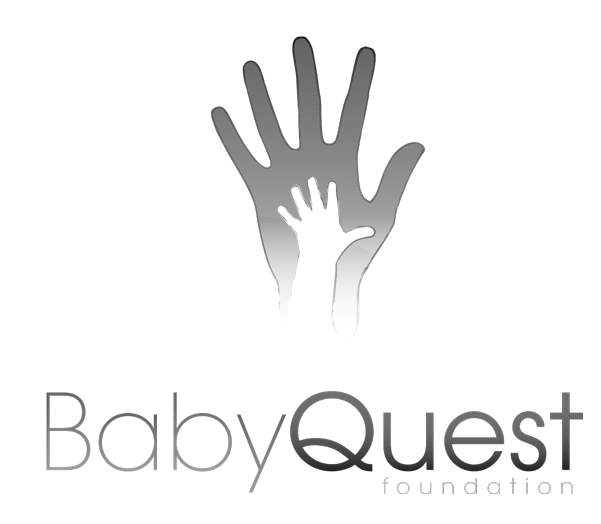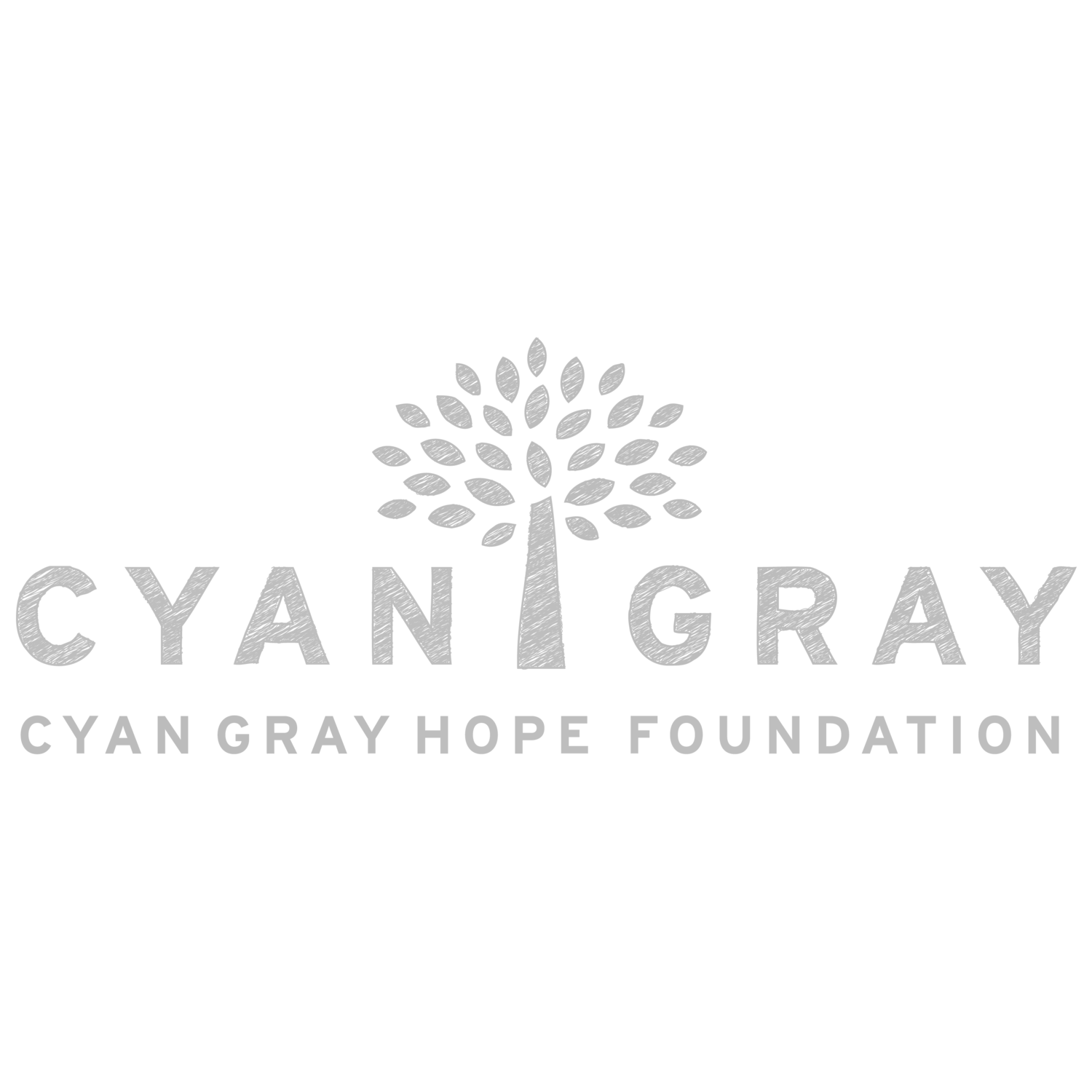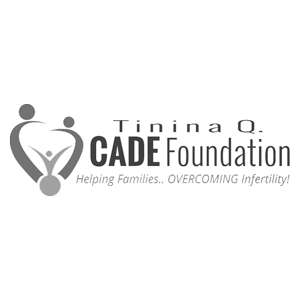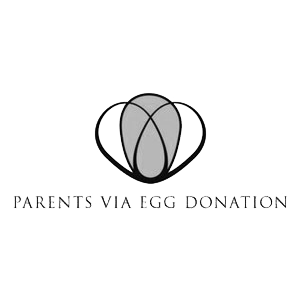Egg Donation FAQ
-
Does the egg donation hurt?
The egg donation process should not hurt. It may be uncomfortable at most. During the Egg Aspiration process, you will undergo general anesthesia or heavy conscious sedation so you will not feel a thing. The procedure is an outpatient procedure that takes about 20 minutes or so. After the procedure, you will be kept in the recovery room for an hour to two hours. You can typically resume normal activity the next day.
-
How long does the process take from beginning to end?
One cycle typically takes 2 to 3 months to coordinate. You will need to work with an Attorney, a Reproductive Endocrinologist, a Geneticist and a Psychologist during the cycle. A Case Manager will facilitate the process for you. The cycle is not demanding on your schedule until the last 10 to 14 days of the cycle.
-
How many times do I need to go to the doctor's office?
You will need to complete 6 to 8 doctor appointments. The visits occur during the early morning to avoid time conflicts with work or school. We will do everything to accommodate the process to your schedule and dates of unavailability. We require that you take the entire day off on the day of the retrieval.
-
How long do I need to take stimulation medication?
The medication is an injection and typically must be taken every day for 8 to 12 days. The needles are very small; one of the smallest gauges. They should not be painful. They are similar to diabetic needles.
-
What are the risks of being an egg donor?
IVF technology has been in use since the late 1970's. There are no known long-term side effects. However, some Donors do experience short term side effects similar to Pre-Menstrual Syndrome ("PMS") symptoms like mood swings, bloating, cramping and fatigue. It is difficult to determine what type of side effect(s) an Egg Donor will experience, if any. We have several previous Donors that would be happy to tell you about their experiences if you would like.
-
If I donate my eggs, will I become infertile?
No! Being an Egg Donor does not make you infertile. Most women have an excess of eggs. On average, women are born with 500,000 eggs and by 50 years of age, women still have about of 250,000. The medication and the procedure will not jeopardize your future fertility, unless something extremely rare like an infection occurs. We work with some of the best physicians in the industry to avoid unnecessary complications.
-
Will I meet the Intended Parents?
Ninety (90) percent of all egg donation cycles are anonymous. It is unlikely that you will meet the Intended Parents or know their names. If you would like to meet the Intended Parents, we can certainly facilitate a meeting, but only if all parties are comfortable doing so. Please indicate on your application what level of contact you are comfortable with, if any.
-
When will I get paid?
The Egg Donor is typically paid $500 dollars when she starts the medication (referred to as a "med start fee") and the balance of the compensation will be paid to the Donor once the retrieval takes place. (Within 5 days.) Donors are compensated anywhere from $5,000 to $15,000 for each cycle. Compensation typically increases with experience and proven fertility track record.
-
I have my tubes tied; Can I be an Egg Donor?
Yes! The follicles are aspirated from the ovaries, so the fallopian tubes have no bearing on the cycle.
-
What is Ovarian Hyper Stimulation Syndrome ("OHSS")?
OHSS is a very rare syndrome that can affect one to six percent of the IVF industry. OHSS can cause flu-like symptoms that can last for several days. Mild OHSS will pass without treatment. In severe cases, medical attention is required to monitor the symptoms. The doctors can monitor you carefully to avoid OHSS, and if an infection does occur, antibiotics are readily available.
-
Does being an Egg Donor cost me anything?
There is no cost to be an Egg Donor. The expenses for the cycle, including travel, are paid for by the Intended Parents.
-
How does it work if I am not local to the Intended Parents' doctor?
If you cannot travel please let us know when filling out your application. If you are able to travel, you will need to go for a one day visit to their doctor’s office at the beginning of the cycle. You can then be monitored at a clinic near you during the medication process until a few days before the retrieval. At that time, you will need to travel to the Intended Parent’s doctor and stay for 5-10 days depending on the clinic’s policies. You will be required to have a companion with you at least on the day of the retrieval. The travel expenses are paid for by the Intended Parent, including the flight cost for your companion. If you are available for travel but do not have a companion to go with you, we can arrange for someone to be there for you.
-
Can I be a donor if I am overweight?
Unfortunately, no. Even if an agency approved a Donor that was overweight, the doctors would not. Being overweight can affect your egg quality and also how you metabolize the medications necessary for a Donor cycle. Our agency requires Donors to have a BMI of 27 or less.
-
Can I be a donor if I am a smoker?
NO! Smokers can't be Donors. Not even "social smokers." Once you are matched, the clinic will test you 1-2 times for nicotine during a cycle and if you test positive, the cycle will be cancelled. If you have smoked in the past, you must be a non-smoker for at least 3 months before applying to be a Donor.
-
Can I be a donor if I am adopted?
You can be a Donor if you are adopted as long as you have the medical history of your birth family. If it was a closed adoption and you don't know anything about them, it will be very hard to match you or find a doctor who will approve cycling with you since you are passing on part of your DNA and genetic/health history is very important.
-
Can you give me an idea of how the process works to become a donor?
Sure! Below is a general idea of how things will progress from start to finish... Getting Started: *Complete the online application *Submit photos *Send proof of SAT/ACT scores and college GPA *Fill out the paperwork that the Donor Coordinator will send you *Come to our office for an interview if you live within 30 miles of the agency (or do a Skype interview if you are not local) What Happens Next: *Once your profile is approved and all of the necessary documents have been sent to the agency, your profile will be added to the database. *We will start suggesting your profile to Intended Parents that you might be a good match for. *Several Intended Parents may ask you questions, ask for more photos, etc. before you are chosen as a good match. This is one of the biggest decisions that our clients will ever make so they have to make sure they choose a Donor who is the best fit for them. *You are chosen! (The time it takes to get matched varies greatly and depends on your characteristics compared to what our clients are looking for at the time.) Once You Are Matched: *You will complete a psychological and genetic evaluation. (This should take NO MORE than 2 weeks to complete.) *You will also need blood work on Day 3 of your period. The timing of this will depend on when your next period starts. *The clinic will schedule a medical screening appointment with you. (This will take place 2-3 weeks after you are matched. If you are a first time Donor, they will draw blood for genetic testing and those results take about 2 weeks to get back.) *While they are waiting on the blood work results, you will most likely be put on birth control to start syncing your period with the Intended Mother or Surrogate's period. *Once all of the blood work comes back and the doctor medically clears you, the legal process will start. *An Attorney will be provided for you and will help you go over the contract between you and the Intende Parents. (The legal part of the process takes 1-2 weeks.) *Once legal is completed, the nurse will issue a calendar to both parties. It will have your medication protocol and estimated egg retrieval date on it. (The medication/retrieval part of the process will take 2-3 weeks depending on the protocol.) The whole process from start to finish once you are matched takes 2.5 - 3 months. The last few weeks are the most time-consuming for you because you will need to go to monitoring appointments usually every other day while you are on the medications. The appointments will be in the early morning.

Make someone’s dreams come true.
If you’d like to help a person or couple achieve their parenting dreams through egg donation, Genesis will take care of you each step of the way.






